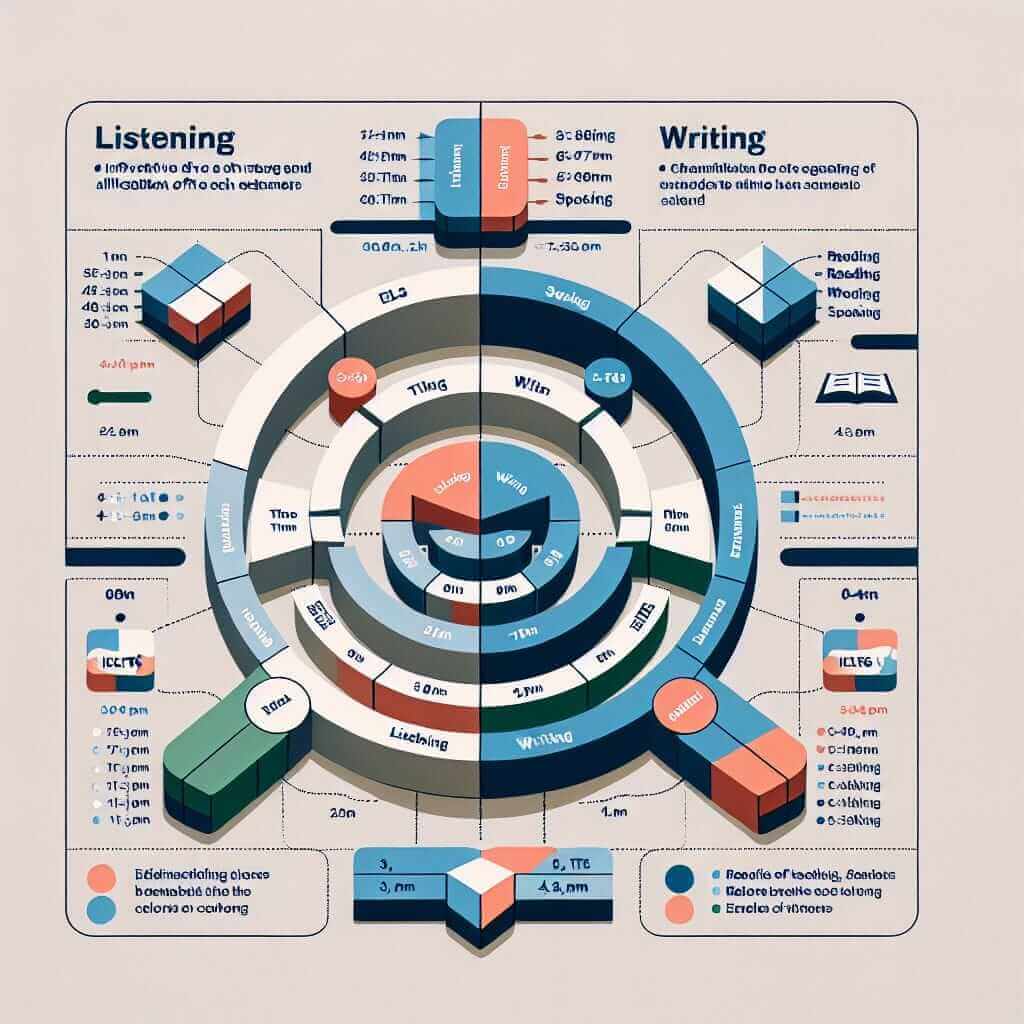Embarking on the IELTS journey can feel daunting, especially for beginners. The International English Language Testing System (IELTS) assesses your English proficiency across four modules: Listening, Reading, Writing, and Speaking. Whether you aim to study abroad, immigrate, or enhance your career prospects, achieving a high IELTS band score is crucial. This comprehensive guide provides a roadmap for beginners, equipping you with the knowledge and strategies to excel in your IELTS journey.
Understanding IELTS and its Importance
Before delving into the specifics, it’s vital to understand the structure of the IELTS exam and why it holds such significance. The IELTS exam exists in two formats: Academic and General Training. The Academic format is for those pursuing higher education or professional registration, while the General Training format is suitable for work experience, training programs, or migration purposes. Both formats assess your English language skills rigorously, and a good grasp of the test format is the first step towards success.

Mastering the Four Pillars of IELTS
1. Listening
The IELTS Listening test assesses your ability to understand spoken English. Here’s how to refine your listening skills:
- Active Listening: Concentrate on the audio, paying attention to accents, tone, and keywords.
- Practice Tests: Familiarize yourself with the question types and time constraints by practicing with official IELTS listening tests.
- Varied Resources: Utilize diverse listening materials such as podcasts, news broadcasts, and documentaries to improve comprehension.
2. Reading
The IELTS Reading test evaluates your ability to understand and extract information from written texts. Here are some tips:
- Skimming and Scanning: Practice skimming for the main idea and scanning for specific details within the passage.
- Vocabulary Building: Expand your vocabulary by reading English texts regularly and noting down unfamiliar words.
- Understanding Text Structure: Identify the main ideas, supporting details, and the author’s purpose in each passage.
3. Writing
The IELTS Writing test assesses your ability to express yourself coherently and effectively in written English. Focus on:
- Task Response: Address all parts of the task requirements directly and comprehensively.
- Coherence and Cohesion: Organize your ideas logically using linking words and phrases for a smooth flow.
- Lexical Resource: Utilize a wide range of vocabulary accurately and appropriately for the given topic.
4. Speaking
The IELTS Speaking test evaluates your spoken English fluency and coherence. Remember to:
- Speak Clearly and Confidently: Practice speaking English regularly, focusing on clear pronunciation and intonation.
- Expand on Ideas: Provide detailed answers and avoid giving one-word responses. Use examples and anecdotes to support your points.
- Maintain Fluency: Practice speaking at a natural pace, avoiding long pauses or hesitations.
Effective IELTS Preparation Strategies for Beginners
- Start Early: Don’t rush your preparation. Starting early allows you ample time to identify your strengths and weaknesses.
- Create a Study Plan: Structure your study schedule with realistic goals and dedicated time slots for each IELTS module.
- Utilize Authentic Resources: Stick to official IELTS practice materials and textbooks for accurate practice.
- Seek Feedback: Ask an experienced IELTS tutor or a native English speaker to provide feedback on your writing and speaking tasks.
- Practice Regularly: Consistent practice is key to building confidence and familiarity with the exam format.
Conclusion
Successfully preparing for the IELTS exam as a beginner demands a dedicated and strategic approach. Remember, consistency and perseverance are key! By focusing on understanding the test format, mastering the four modules, and employing effective study strategies, you can approach the IELTS with confidence and achieve your desired band score. Good luck!